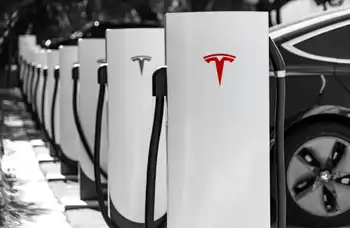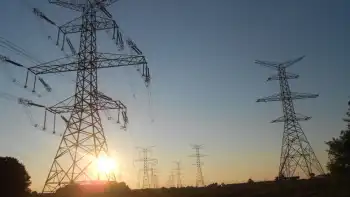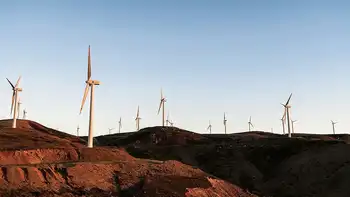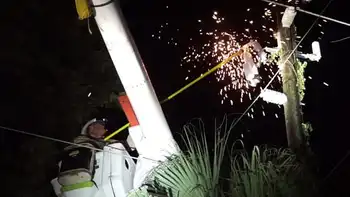Governor Sebelius vetoes coal plant measure
By Wichita Eagle
High Voltage Maintenance Training Online
Our customized live online or in‑person group training can be delivered to your staff at your location.

- Live Online
- 12 hours Instructor-led
- Group Training Available
The veto comes as a Colorado utility that had planned to buy about half the power announced it is rethinking its involvement and may go for a more "green" energy strategy.
Sebelius, who successfully fended off the coal plants on environmental grounds last year, said in her veto message that nothing has happened since to change her opinion.
"The bill before me now attempts to take us down that failed path once again," Sebelius wrote in her veto message. "What was a bad idea last year, is an even worse idea today."
The plants are proposed by Hays-based Sunflower Electric Power Corp.
Tri-State Generation and Transmission, a Denver-based utility, had planned to buy about half of the power generated at the proposed plants to serve co-ops in Colorado, New Mexico, Nebraska and Wyoming.
It could still participate in the Kansas coal project if state lawmakers approve it, a company spokesman said. But until then, the utility will examine other options.
"Given the delays and the policy uncertainty in Kansas, the project won't be available to meet our members' near-term needs," said spokesman Lee Boughey.
Sunflower remains optimistic about the plants and the deal with Tri-State. Sunflower CEO Earl Watkins blamed some of Tri-State's reluctance on Sebelius' rejection of the project.
"Unfortunately, a small minority have been successful in obstructing our cooperative efforts to build the cleanest coal plants in the nation," Watkins said. "If this minority prevails, there is no question in my mind that electric prices will increase dramatically."
Sebelius said this is an especially bad time to contemplate new coal power because the Obama administration and Congress are likely to pass new laws penalizing coal plants that emit carbon dioxide, a gas linked to global warming.
Sebelius is awaiting U.S. Senate confirmation to join the Obama administration as health and human services secretary.
The proposed coal plants would produce 11 million tons of carbon dioxide each year in Kansas, while 1,200 of the 1,400 megawatts of power would be sold to out-of-state customers, Sebelius said.
Lawmakers are expected to mount an effort to override the veto when the Legislature returns for its wrap-up session later this month. Last year, the coal bill fell one vote shy in the House of the two-thirds majority needed to override.
This year's version, House Bill 2014, passed the House with only 74 votes, 10 shy of a veto-proof majority.
Rep. Don Myers, R-Derby, a member of the House Energy and Utilities Committee, said he thinks it will be difficult to garner the needed support for an override.
But, he added, "I do think we'll come a lot closer than when we passed it to start with."
Myers said he favors the coal plants primarily because they would bring jobs to western Kansas.
"They're just dying out there," he said.
He said he wasn't troubled by the amount of power to be sold out of state. He said that would be necessary to establish enough cash flow for Sunflower to borrow the money to build any power plant.
House Minority Leader Paul Davis, D-Lawrence, said he expects the coal plants to fail again and said that will slow movement toward renewable energy.
In an effort to peel off some environmentally oriented lawmakers, House leadership packed the bill with green-energy provisions that the governor had to veto to stop the coal plants.
"Republican leadership has once again assured Kansans that we will not make progress towards a badly needed comprehensive energy plan," Davis said in a statement. "The consequence of this is that Kansas will likely miss out on millions of dollars in renewable energy stimulus grants and we will continue to lose green-collar jobs to our surrounding states."











